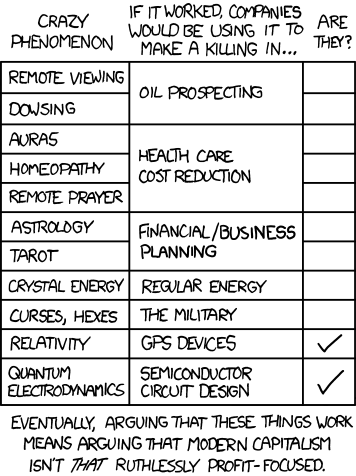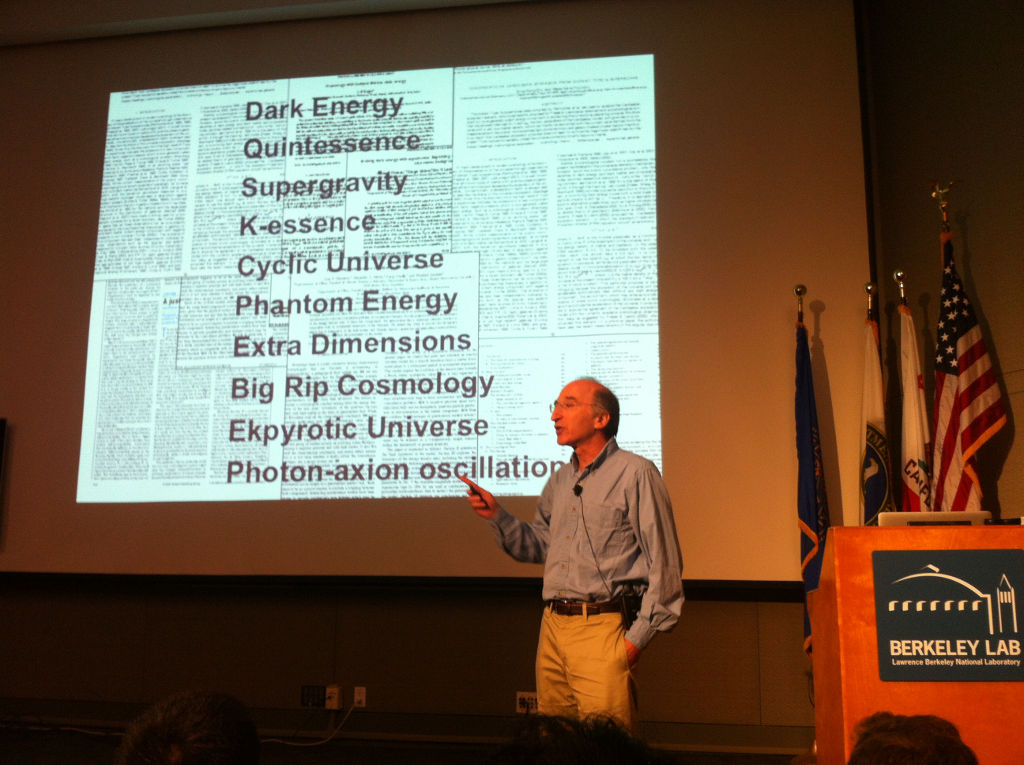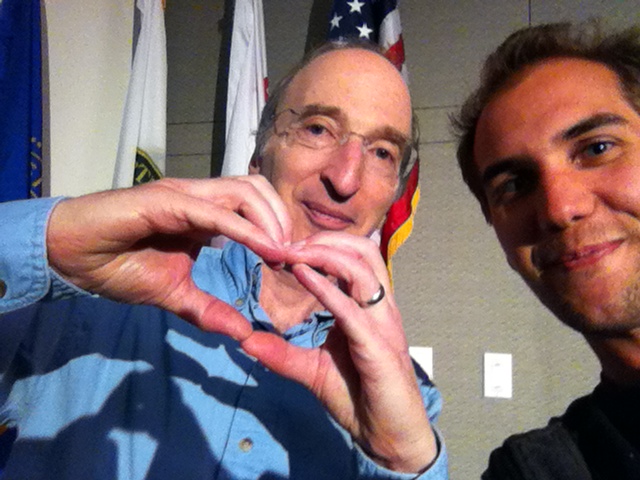Recent events in the scienfic community – I’m thinking of the detection of primordial B-mode signal in the CMB polarization by BICEP2 (probable), the discovery of Higgs Boson (Nobel-prized) and of the faster-than-light neutrinos (ruled out as an experimental error) – invite us to draw a line between what is reasonable science and what is not.
In the aforementioned news, there’s been a burst of media coverage. That’s very positive, since the public needs to be aware of what is happening in science, for they have no clue of how important is its role in the society, even though each one of us constantly carry an object that benefits from general relativity (GPS) and quantum electrodynamics (chip) : our smartphone — not to mention the lasers involved in routing the information to us.

The economic argument – do the efficient market hypothesis drive knowledge ?
However, it seems that the uncertainty on which science is based is not fully understood by the public, and some people are eager to play around with that ambiguity.
The primary beneficiary of that ambiguity are the politics. I could witness how crazy they are, here in the US, where they dare to question vaccination or climate change, using claims based on fallacious arguments- not that no one should be skeptical about the scientific institutions, but there are cases that have been settled for a long time.There is also the case, much less worrying, of those researchers (most often independent) that suffer from the Dunning-Kruger effect, which is the illusion of superiority. They try to look intelligent by telling everybody’s wrong and torturing equations with Latex.Hopefully, it is not so difficult to debunk these crackpots – one might want to look at the Crackpot index to tell the crooks and the others apart. This might well be a consequence of the sociology…The cool thing is that they now can dump their non-sense into Vixra – First, do no harm :-)
No-go theorems
It seems that the favorite playground for the crackpots is the no-go theorems. These the theorems state that there are things that cannot be done, no matter how hard you try. For example, the second law of thermodynamics suggests that there is no such thing as perpetual motion, and the general theory of relativity makes it impossible to accelerate a particle having a mass to a speed faster than the speed of light.
The problem here is that all of these no-go theorems have hypotheses that are seldom understood by the people other than those who stated them. By violating these hypotheses, the theorem might not hold and give us new perspective.The scientists know this is true, and some will try to dodge the limits set by Nature (e.g. quantum teleportation).Some other know they can trick you, and they will (e.g. perpetual motion)
And some other will try to drown you with P2C2E or NOMA statements – like if there were don’t go theorems.(OK, here’s my NOMA statement : I don’t care if you believe in god or not, you might have your reasons and they don’t contradict science; just leave him out of the question !)
Science, theology and crackpots
There was a debate a few month ago between Bill Nye, the Science Guy, and Ken Ham, a die-hard creationist, about the viability of Darwin’s evolution theory and Intelligent Design.
The debate was full of non-sense (Bill Nye deconstructing the idea of Noah’s Ark, Ken Ham loosely playing with the definition of what is science) and the result is that it blurred out the frontier between science and theology- something that wasn’t necessary…

God is good : he made the world such that it can be explained with words starting with the letter C. You see, I’m not exactly sure they were speaking English back in those days….
On the same vein, the great show Cosmos, hosted by Neil DeGrasse Tyson, was violently attacked by creationist, because the former dared to tell the story of the discovery of electricity. Please, if you don’t believe in electricity, you’ve missed the point.
In France, an example that makes me very angry is the Bogdanov brothers. They are highly visible in the French scientific media landscape who are notorious crackpots (a summary of their affair with the scientific community on wikipedia)They are so good that they were mandated by the public French TV to tour the CERN.The Bogdanov brothers see there the hand of a creator, why not God.
A bold statement refuted by a part of the scientific community…
The CERN staff must still be mad about that:)
Their first popular book “Avant le Big Bang” (Before the Big Bang). Interestingly, the book was prefaced by Arkadiusz Jadczyk, an obscure mathematical-quantum physicist, married to the leader of a conspirationnist cult, Laura Knight-Jadczyk (see Cassiopeia.org, Quantum Future and Sign of the Times) — sorry for this transitive ad hominem!There is an interesting debunking of all the plain non-sense and fallacies contained in this book here (in French).The sad thing is that they started their careers as running a popular TV science-fiction show.
I wonder whether this is an extreme consequence of the Peter Principle (“People climb up the hierarchy until they reach their ultimate level of incompetence”) !
Some people say their are great at popularizing science; I believe they try to make things look more complicated than they really are, and they give a bad image of what a typical scientist look like (twins, freaks trying to build profundity by being secretive about their age- What are you ? Angels sent by a God ?).
Science vs. humanities
The Sokal Affair, where two scientists managed to get an article into a cultural studies journal, is pretty interesting.
The authors of the article and the subsequent book (“Intellectual Impostures“), Alan Sokal and Jean Bricmont, try to expose the dangers of the use of obfuscation and non-sensical terms.
The flip side of the coin
Recently, I was invited to the impostor syndrome day in Berkeley, which was set to relieve the researchers from this (somewhat benign) disease that is the Impostor Syndrome. The idea here is that researchers, confronted to a never-ending quest of truth, experience low self-esteem since they never deliver actual things. This is further amplified by the fact that research is pressured by the public perception that (according to late French president Charles De Gaulle)
Researchers that are researching are easy to find. We are searching for researchers that are finding!
This is really unfortunate, because science isn’t about finding a result; according to Cantor :
Asking the right questions is more important than answering them.
That is, the primary quest for a scientist is to nurture serendipity until he stumbles on a question (sometimes a paradox) that can be solved in order to advance society. That’s one of the current proposal-based science : you must tell your funding agency what you are going to find…
But if you know what you’re going to find before you started, why even bother looking for it ?

